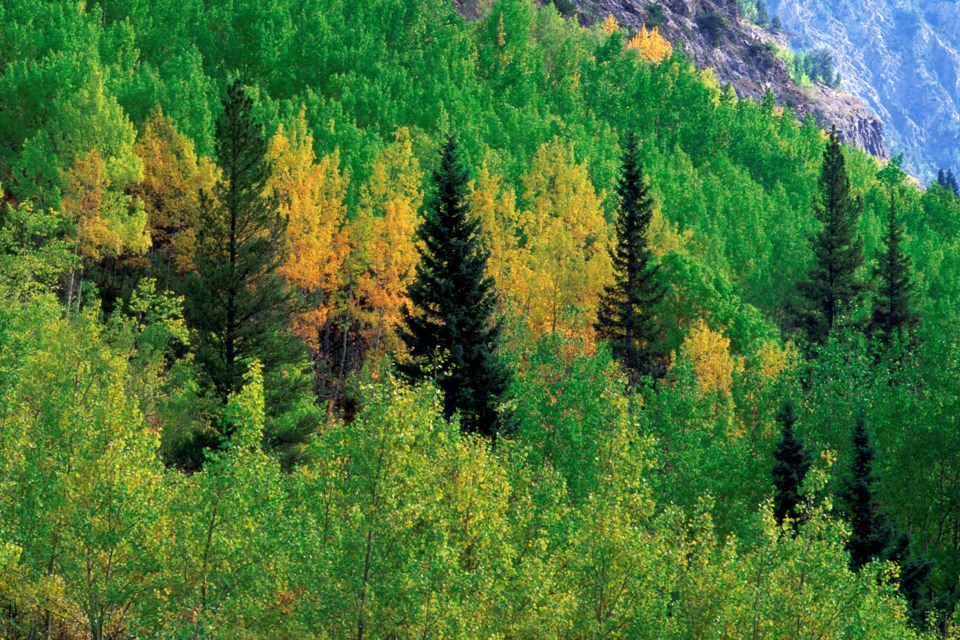If you attended the Council of Forest Industries conference in Prince George last week, you would have seen a lunatic outside with a couple signs.
That lunatic was me and one of the signs said “broadleaf burn less.”
Now I say lunatic, but maybe you haven’t heard the spiel about our broadleaf trees before - the aspen, birch and cottonwood. Maybe all you’ve ever heard is that these are the “weed trees.” They aren’t the “money trees.”
If that’s all we’ve heard, I could partially agree. It would be sheer lunacy to want to flip this cash-crop reality on its head with no concern for the industry or jobs that depend on it.
But flip it we must.
And I don’t even need to provide a reason that the industry isn’t already well aware of: pine beetles and forest fire.
It’s all we’ve been hearing about. David Eby talked about it. Bruce Ralston talked about. All the industry analysts talked about it. These two scourges have destroyed the timber supply, we are told, and for this reason our already decimated forest sector must suffer more.
Yet despite the sure-footed conviction of what ails us, industry and government apparently have no concept of how to remedy it.
To the contrary, the state of reforestation is the equivalent of 19th century quack medicine. Replanting pine monocrops and spraying and brushing the fire-resistant deciduous is the equivalent of draining a patient of blood to cure an infection.
That’s exactly what we are doing.
If fire and pine beetles are the problem, we are doing everything within our powers to make this worse!
We are growing denser, more pure forests of pine than we had before!
Now this may come as news, but one of the greatest fire fighters on the landscape is our aspen forests.
There’s a myth that is floating around in forestry circles. I heard Minister Nathan Cullen say it and I’ve heard senior ministry bureaucrats say it - that aspen isn’t stopping forest fires anymore because of climate change. This is sheer and complete nonsense.
A pure aspen patch, with no conifer, with healthy trees, and with leaves on them, will not sustain crown fires, even in the most extreme fire conditions. Pine are exponentially more flammable. Those are indisputable facts.
Diverse landscapes could also help reduce pests. Monoculture landscapes allow pests to rip through. We should know this already. Break it up with some different species, and the pine beetle or whatever else has a harder time to spread.
There are other reasons for more aspen. They support exponentially more moose, more cattle on public rangeland, more biodiversity, and they sequester more carbon and absorb less sunlight because of their higher albedo. They also have economic uses, as almost all OSB panel is made from broadleaf.
We need more broadleaf on the landscape and we need it now.
James Steidle is a Prince George writer.


